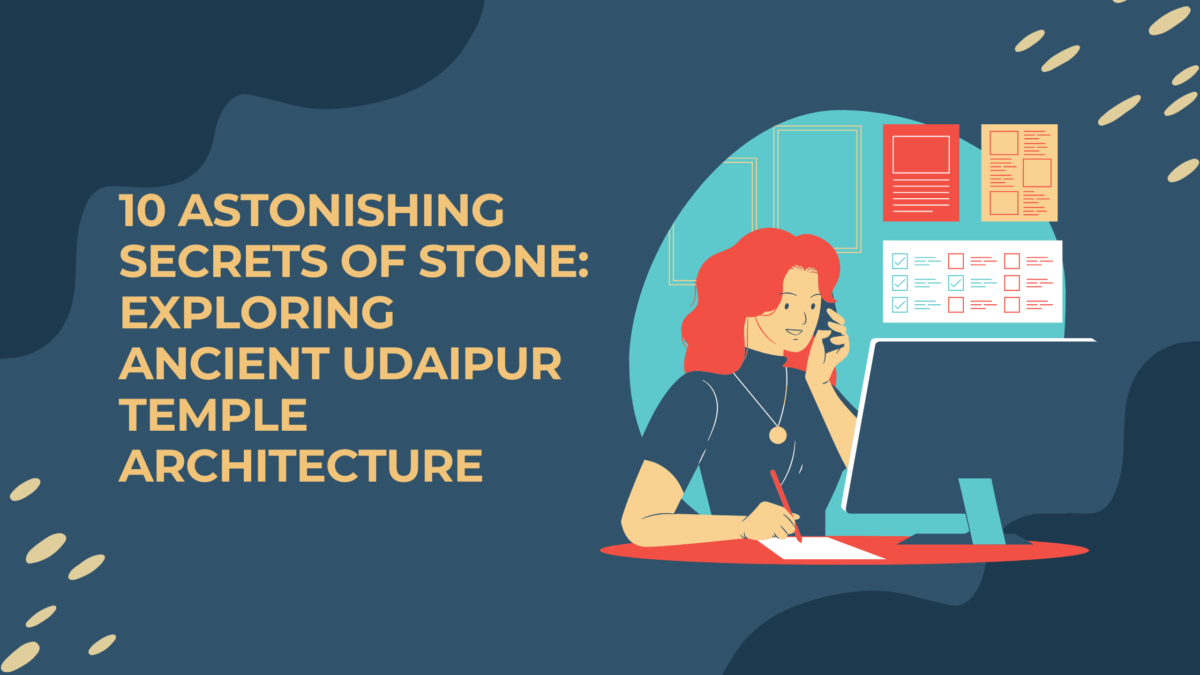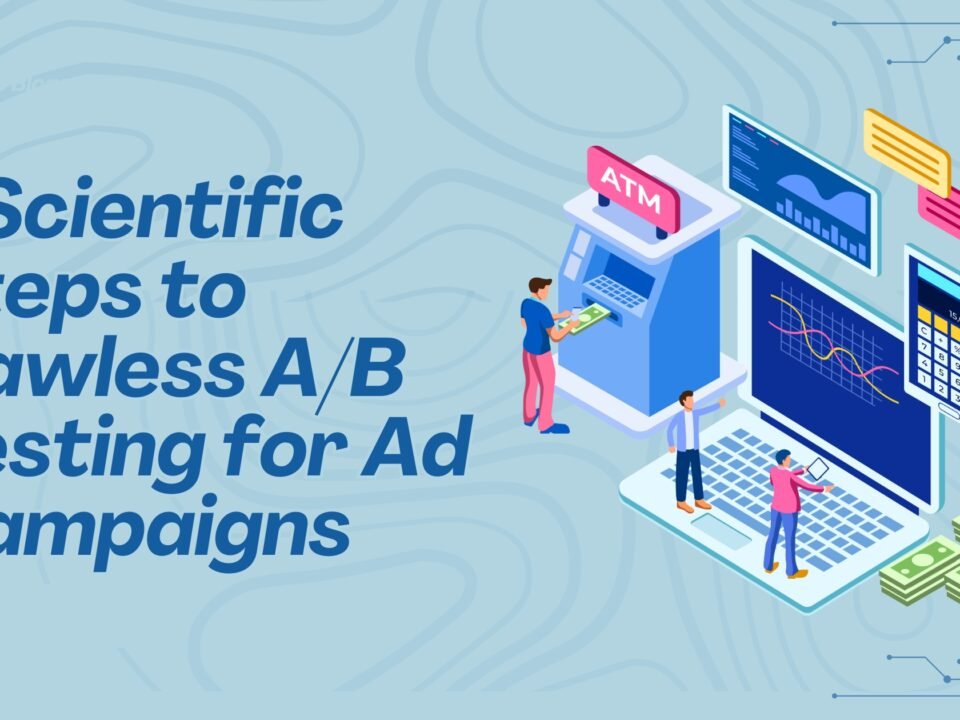
The world of Search Engine Optimization (SEO) has undergone a fundamental transformation, driven by the rapid evolution of Artificial Intelligence. Where manual spreadsheet analysis and reliance on limited data once dominated, a new era of precision and insight has emerged. Today, the question is no longer if you should use AI, but how to effectively integrate it into your strategy. Welcome to the future of discovery—a future powered by AI Keyword Research Strategies.
This shift is crucial. Traditional methods are simply too slow and inefficient to keep up with the semantic and conversational search trends powered by Google’s own AI algorithms, like RankBrain and MUM. To maintain a competitive edge, content creators and marketers must adopt AI Keyword Research Strategies that leverage machine learning to analyze massive datasets, predict emerging trends, and understand the deep, contextual intent behind a user’s query. The result is an Astonishing leap in efficiency and accuracy. For those still clinging to outdated methods, the regrettable truth is that you are leaving vast amounts of qualified traffic to your competitors.
This guide reveals the 7 Astonishing AI Keyword Research Strategies that are currently separating the top-performing content hubs from the rest. By mastering these techniques, you will move beyond guesswork and start building a truly data-driven, future-proof content pipeline.
1. Automated Keyword Clustering and Topic Modeling
Manual grouping of keywords is one of the most tedious and error-prone tasks in SEO. AI has transformed this process entirely, making it one of the core AI Keyword Research Strategies.
The Strategy: Instead of analyzing a list of a thousand keywords one by one, AI tools—such as Semrush’s Keyword Magic Tool or dedicated clustering platforms—use Natural Language Processing (NLP) to group keywords based on semantic similarity and user intent. Keywords that belong to the same core topic, like “best AI tools for content” and “top artificial intelligence writing software,” are automatically bundled. This allows you to build topical authority.
How to Implement AI Keyword Research Strategies:
- Input a large list of seed keywords into an AI clustering tool.
- The AI will generate ‘clusters’ and label them with a clear, overarching topic (e.g., “AI Content Generation”).
- Each cluster then becomes a single, comprehensive piece of content (a Pillar Page) or a series of highly related supporting articles (Cluster Content). This structure is precisely what modern search engines reward, and it is a powerful application of AI Keyword Research Strategies.
Keyword Density Focus: The automated nature of this process ensures your content architecture is robust, optimizing for topical relevance, which is a key goal of advanced AI Keyword Research Strategies.
2. Advanced Long-Tail and Conversational Query Generation
Google’s shift to conversational and voice search means users are typing questions, not just fragmented phrases. This necessitates a massive upgrade in AI Keyword Research Strategies.
The Strategy: Generative AI tools like ChatGPT or Perplexity AI are specifically designed to mimic human conversation. You can prompt them with a broad topic (e.g., “green energy solutions”) and ask them to generate a list of “questions people ask,” “common pain points,” or “long-tail keywords with a transactional intent.” This moves beyond the standard related keywords and taps directly into the ultra-specific, low-competition queries that humans often miss.
How to Implement AI Keyword Research Strategies:
- Use a generative AI with a prompt like: “Generate 50 long-tail, low-competition, informational questions a beginner would ask about AI Keyword Research Strategies.”
- Use an AI-integrated keyword tool (like Ahrefs or Moz) to validate the search volume and difficulty of these Astonishingly specific, high-intent queries.
- The goal is to capture the exact phrase a user is speaking into their device, which is an invaluable component of modern AI Keyword Research Strategies.
Keyword Density Focus: This method organically finds long-tail variations, naturally boosting your content’s keyword density and semantic relevance.
3. Personalized Keyword Difficulty Scoring
Traditional keyword difficulty scores are static. They tell you how hard it is for an average website to rank. AI changes this with personalized metrics, a breakthrough among AI Keyword Research Strategies.
The Strategy: Advanced platforms like Semrush now offer a Personal Keyword Difficulty (PKD) score. This AI-powered metric analyzes the search landscape for a given keyword, compares the strength of your domain (Domain Authority, existing topical coverage, backlink profile) against the competitors currently ranking, and predicts your specific chance of ranking.
How to Implement AI Keyword Research Strategies:
- Input your domain and a list of target keywords into an AI platform that offers PKD.
- The AI will flag keywords that have an Astonishingly low PKD score for your site, even if the general difficulty score is high.
- You can then prioritize content creation for the keywords you have the highest likelihood of winning—a truly strategic element of AI Keyword Research Strategies.
Keyword Density Focus: Targeting keywords with a lower PKD for your site ensures that your existing topical authority (built with existing, relevant content) is maximized, reinforcing the impact of your AI Keyword Research Strategies.
4. Competitor Content Gap and Keyword Gap Analysis
Knowing what your competitors are ranking for is essential, but manually identifying their top content and corresponding keywords is time-consuming. This is where AI excels, proving its worth in AI Keyword Research Strategies.
The Strategy: AI tools can automatically crawl and analyze competitor domains to find keywords where: 1) they rank, but you do not; and 2) where both of you rank, but they outrank you. The tool can also identify and recommend new topics where your competitors have no presence at all—the ultimate content gap opportunity.
How to Implement AI Keyword Research Strategies:
- In a tool like Semrush or Ahrefs, input your domain and the domains of 3-5 primary competitors.
- Run an AI-powered Keyword Gap report to generate a prioritized list of high-volume keywords that your competitors rank for, but you are currently missing.
- This quickly uncovers regrettable holes in your current content map and provides an immediate roadmap for new content creation, a critical step in effective AI Keyword Research Strategies.
Keyword Density Focus: Filling these content gaps with targeted articles naturally brings in new, highly relevant keywords that were previously missing from your site’s overall density profile.
5. Predictive Trend Identification
Traditional keyword research is reactive; you search for what people are searching for. AI is Astonishingly predictive, making it a forward-looking part of AI Keyword Research Strategies.
The Strategy: Tools like Exploding Topics use AI to monitor millions of search queries, discussions, and news sources to spot emerging trends before they reach peak search volume. This allows you to create high-quality, optimized content months before your competitors even register the trend.
How to Implement AI Keyword Research Strategies:
- Monitor trend discovery tools for topics related to your niche (e.g., if you’re in marketing, look for “AI-powered automation” or “GenAI content ethics”).
- Create comprehensive content that ranks early for these low-competition, rising-volume terms.
- By the time the search volume spikes and competitors jump in, you will have established your content authority and rankings, demonstrating the foresight of your AI Keyword Research Strategies.
Keyword Density Focus: Being an early mover allows you to define the initial semantic universe of the emerging topic, naturally establishing the highest possible density for the core keyword.
6. Search Intent Classification at Scale
Understanding search intent (is the user looking to buy, learn, or navigate?) is the single most important factor for ranking today. AI excels at classifying this intent across thousands of keywords, a vital facet of AI Keyword Research Strategies.
The Strategy: AI tools leverage NLP to analyze the language, surrounding context, and top-ranking SERP features (e.g., featured snippets, shopping results, “People Also Ask” boxes) for a keyword, accurately classifying its intent as informational, commercial, transactional, or navigational.
How to Implement AI Keyword Research Strategies:
- Use an AI-powered tool (like Frase or WriterZen) to audit your existing keyword list.
- Filter your list to focus on Transactional intent keywords for your product pages and Informational intent keywords for your blog content.
- This ensures that every piece of content you create is perfectly aligned with the user’s need, reducing bounce rate and significantly improving conversions—a core principle of effective AI Keyword Research Strategies. Mismatched intent is a regrettable waste of content resources.
Keyword Density Focus: Matching content structure and language to the classified intent naturally increases the density of high-value transactional or informational terms.
7. Natural Language Processing (NLP) for Semantic SEO
The final and most subtle of the AI Keyword Research Strategies involves using AI to create content that satisfies the entire semantic field of a topic, not just the focus keyword.
The Strategy: NLP tools (like Surfer SEO or Clearscope) analyze the top-ranking pages for your target keyword to determine which secondary, semantically related terms and phrases must be included to achieve a high “content score.” These are not just synonyms; they are concepts that Google’s AI has learned are essential for comprehensive coverage of the topic.
How to Implement AI Keyword Research Strategies:
- Enter your focus keyword (e.g., AI Keyword Research Strategies) into an NLP optimizer.
- The AI will provide a list of 20-50 related terms (e.g., “keyword clustering,” “content gaps,” “long-tail queries,” “topical authority”) and a recommended content structure.
- Integrating these suggestions ensures your content is not only keyword-dense but Astonishingly topically comprehensive, satisfying the full spectrum of user intent and cementing your authority in your chosen niche. This is the ultimate execution of modern AI Keyword Research Strategies.
Conclusion: The New Mandate of AI Keyword Research Strategies
The adoption of these 7 Astonishing AI Keyword Research Strategies is not optional; it is the new standard for SEO success. The days of simply finding a high-volume keyword and stuffing it into a blog post are long gone. Success now depends on leveraging AI to process data at scale, understand deep user intent, and build semantic topic clusters that truly establish topical authority.
By embracing the power of automated clustering, personalized difficulty scoring, predictive trend analysis, and precision intent classification, you can transform your content operation. You move from the regrettable cycle of publishing and hoping, to a highly efficient, data-driven process of publishing and ranking. The efficiency gains, the strategic foresight, and the unmatched precision offered by these AI Keyword Research Strategies provide a competitive advantage that is simply insurmountable with manual methods. To future-proof your website’s visibility and consistently capture qualified organic traffic, mastering the art of AI Keyword Research Strategies must be your foremost priority.




